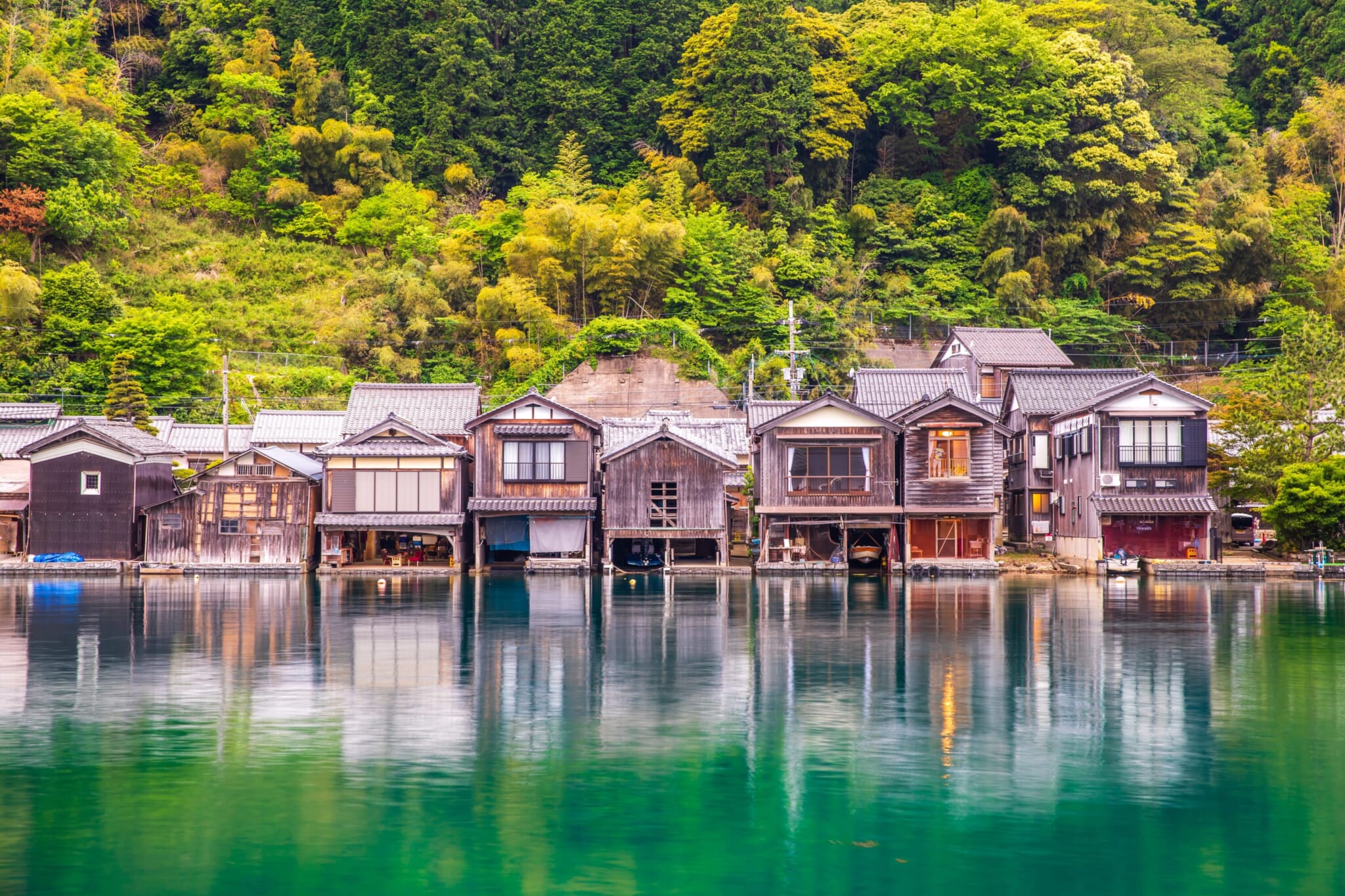On September 17, International Coastal Cleanup Day is celebrated, a global initiative aimed at raising awareness about the impact of human activities on coastal and marine ecosystems. This day has gained special relevance for Puerto Vallarta, a city that relies heavily on its beaches not only as a tourist attraction but also as a vital ecosystem. Pollution on the shores of Puerto Vallarta reflects a global issue that affects not only environmental health but also the economy and the daily lives of its inhabitants.
There are two main sources of pollution on beaches: natural phenomena and human activities. While natural events like heavy rains, hurricanes, and red tides can cause temporary damage to coasts, the impact of human activities is far more persistent and harmful. In Puerto Vallarta, one of the main threats to beach health comes from household waste and industrial debris that end up in the ocean.

These pollutants not only affect the natural beauty of the area but also endanger marine life and human health. Among the major pollutants are organic and inorganic waste, such as plastics, cans, cigarette butts, and chemicals. These elements, mostly derived from recreational activities or negligence, accumulate on the beaches and pose a serious threat to marine ecosystems.
Plastics, for example, can break down into microplastics, which are ingested by marine fauna and, eventually, by humans through the food chain. In Puerto Vallarta, pollution doesn't only come from activities directly on the beach. Many pollutants originate from nearby bodies of water such as rivers, lagoons, and mangroves.
During the rainy season, runoff from fertilizers, pesticides, and treated or untreated sewage from nearby agricultural and urban areas is a recurring problem. These wastes, upon reaching the ocean, cause eutrophication, a condition that promotes excessive algae growth and leads to the death of marine life by reducing oxygen in the water. The mangroves of Puerto Vallarta, which are key ecosystems for biodiversity, are also affected.
Pollutants reaching these delicate ecosystems reduce their capacity to function as natural storm barriers and erode their soils, increasing the vulnerability of coastlines to natural disasters. The impact of these pollutants affects not only the environment but also the economy of Puerto Vallarta, which relies heavily on tourism and fishing. Puerto Vallarta's marine fauna is one of its greatest tourist attractions.
Turtles, dolphins, and a wide variety of fish and birds inhabit its waters and beaches. However, pollution has led to the death of many of these animals, either from ingesting plastics or getting entangled in nets and floating debris. Sea turtles, in particular, are severely affected as they mistake plastic bags for jellyfish, their main food source, leading to blockages in their digestive systems.
Fish, by ingesting microplastics and other pollutants, not only suffer from health issues but also become a source of contamination for humans who consume them. This problem has a direct impact on local fishing, one of the most important economic activities in Puerto Vallarta. The economy of Puerto Vallarta depends greatly on its natural environment.
Tourism is the main source of income, and clean, healthy beaches are essential to attract national and international visitors. Pollution, however, not only affects the aesthetics of the beaches but also the safety and health of tourists. An increase in the amount of trash or water pollution can deter tourists, severely impacting local businesses that rely on tourism, such as hotels, restaurants, and recreational activity operators.
Likewise, local fishing is also harmed by pollution. The decline in marine life and the introduction of toxins into the ecosystem affect the quality of the fish, reducing catches and endangering the livelihood of local fishermen. Water pollution can also lead authorities to temporarily close beaches and fishing areas, causing a drop in community income.
Over the years, Puerto Vallarta has adopted various initiatives to combat beach pollution and preserve its coastal ecosystems. International Coastal Cleanup Day has been an important event in the city, attracting local volunteers and tourists who want to contribute to maintaining the environment. Beach cleanups not only help reduce the amount of trash on the shores but also raise awareness of the importance of caring for the environment.
In addition to voluntary cleanups, policies have been implemented to reduce the use of single-use plastics in many establishments in Puerto Vallarta. Some hotels and restaurants have opted for sustainable alternatives, such as biodegradable straws and reusable containers, to minimize their environmental impact. These initiatives, though still growing, are a step in the right direction toward a more sustainable future.
One of the most important aspects of the fight against pollution is education. In Puerto Vallarta, awareness campaigns have been carried out in schools and the general community to teach people about the harmful effects of pollution and how they can reduce their ecological footprint. Active community participation is essential to achieving lasting change.
Through workshops and community events, residents and tourists are being educated on sustainable practices and the importance of protecting marine ecosystems. The local government and non-governmental organizations play a crucial role in environmental protection in Puerto Vallarta. Through stricter environmental regulations and the creation of protected areas, progress has been made in the conservation of marine ecosystems.
NGOs have also worked on mangrove and reef restoration projects, contributing to the recovery of essential habitats for marine wildlife. International Coastal Cleanup Day is a reminder that everyone, both residents and tourists, has a responsibility to care for and protect the coasts of Puerto Vallarta. Pollution affects not only the environment but also the economy and quality of life of its residents.
Through cleanup initiatives, education, and sustainable policies, it is possible to mitigate the effects of pollution and ensure that the beaches of Puerto Vallarta remain a natural treasure for future generations..




















